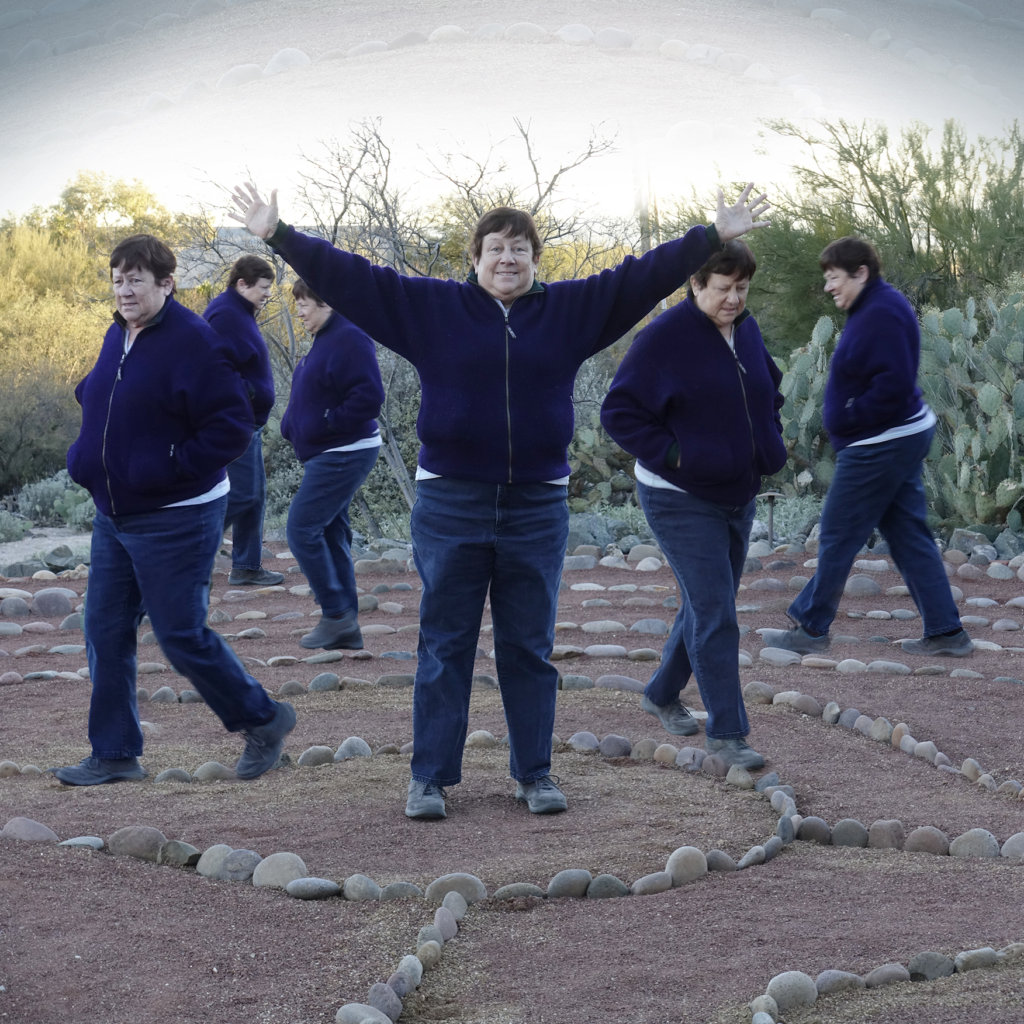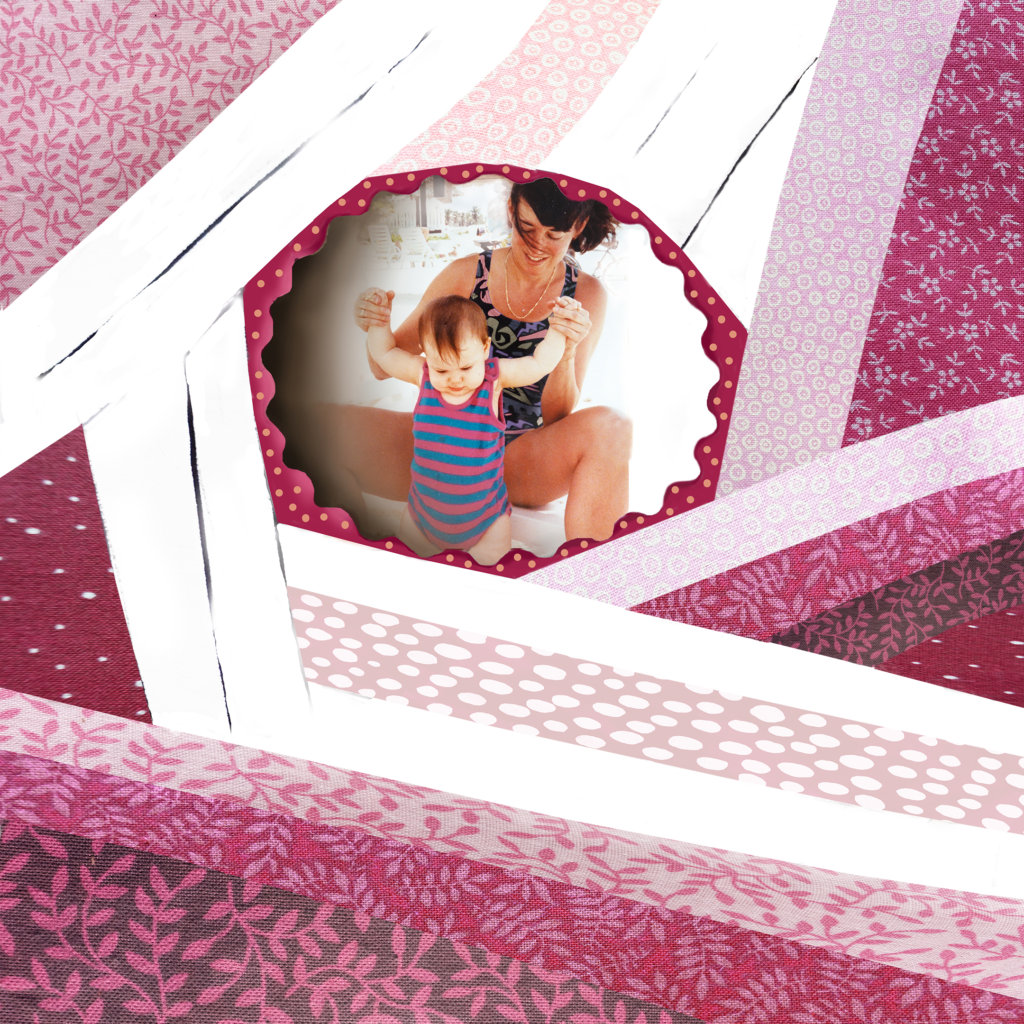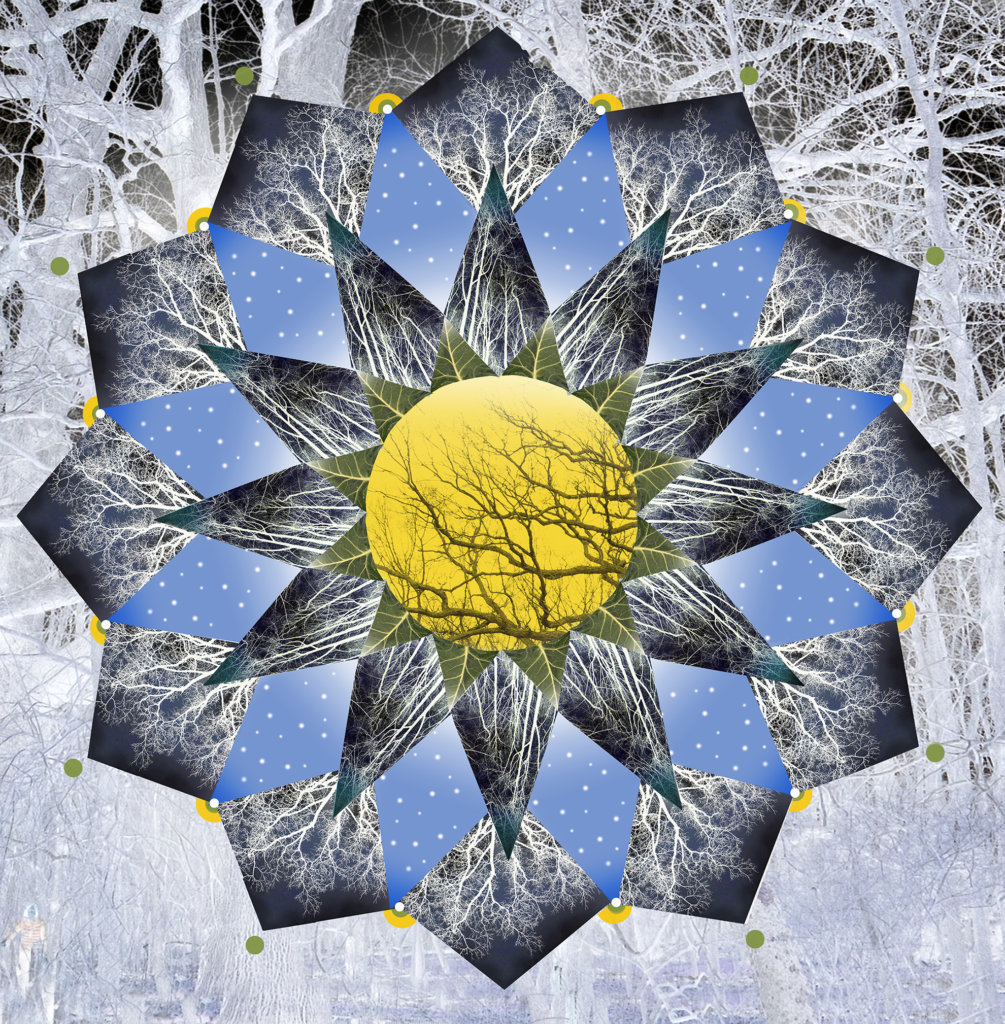 You put one foot in front of the other. And you keep going. That’s how you Walk a Labyrinth. That’s kind of what I told my sister as we approached the labyrinth off a desert nature trail in Tucson.
You put one foot in front of the other. And you keep going. That’s how you Walk a Labyrinth. That’s kind of what I told my sister as we approached the labyrinth off a desert nature trail in Tucson.
A labyrinth is not a maze. It is an organized design, a circuitous winding path that leads to a center and back. Some say it’s like a map of your life’s journey. They say the labyrinth is a metaphor for the journey to the center of your deepest self and back out to the world, to know who you are. Or maybe it’s a path to meet with God. Whatever, labyrinths are supposed to help you find your way.
People walk labyrinths for growth and for healing, to meditate, to clear and expand their focus, to reduce stress, to seek answers, find guidance, or to simply walk in wonder. You can walk a labyrinth in a group ritual or as a private meditation. It can bring rest, order, comfort, and harmony. Like meditating, it’s a process of letting go. You let go of trying to see what’s ahead and simply follow the path.
In a labyrinth you can only go forward. There’s only one path, into the center and out again. Where you are is where you are meant to be. You cannot get lost in a labyrinth. The path is meandering but purposeful. You will arrive. And you will return. Eventually.
There is only one choice to make: to enter the labyrinth or not.
Many lives are more like mazes. A maze is designed to trick you, make you lose your way. There are choices, several paths to choose from. They branch off, twist, and turn. Blind alleys, dead-ends, potholes, unmarked trails that split unexpectedly, stream-crossings over thin ice, snakes suddenly slithering out of nowhere, rough rocky paths….
It was only one simple little choice: to enter or not. But I’m always complicating things. The labyrinth in the Tucson desert became a symbol for all the things that skirt the edges of my life in possibility: the desert beckoning me to venture into its mysterious harsh beauty, religion and spirituality, belief in an afterlife, belief in my own self and my potential.
I did not walk the labyrinth. Instead, I stood outside the sacred space, taking pictures of my sister as she stepped serenely through the meandering trail, losing track of direction and the outside world, quieting her mind. One foot in front of the other. Smiling, mostly.
Is your walk through life a labyrinth or a maze?

 Something has been bothering me. A couple of weeks ago when I blogged about
Something has been bothering me. A couple of weeks ago when I blogged about  The best relief from my own grief comes when I reach out to help someone else in their troubles. But one thing I still find impossibly hard is to reach out for help when I’m the one suffering.
The best relief from my own grief comes when I reach out to help someone else in their troubles. But one thing I still find impossibly hard is to reach out for help when I’m the one suffering.
 It was late when we got the discharge papers and I drove my friend Annette home from
It was late when we got the discharge papers and I drove my friend Annette home from